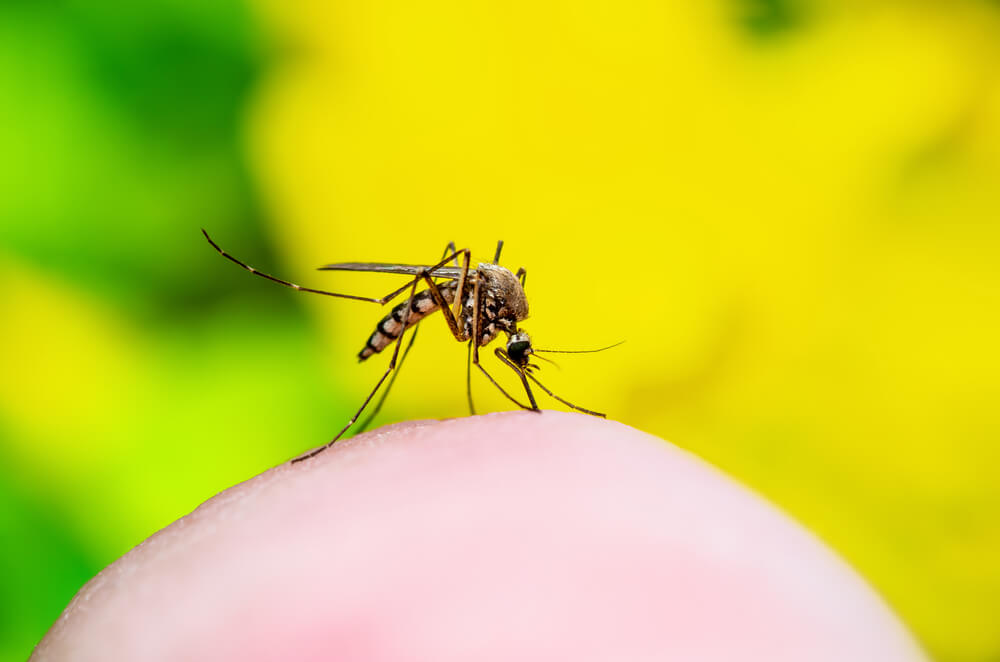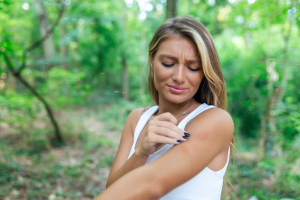The Role of Mosquitoes in Yellow Fever Transmission

Yellow fever is a serious and potentially deadly viral disease that has been a cause for concern among travelers for many years. While vaccinations are available to protect against yellow fever, understanding the role of mosquitoes in its transmission is essential for travelers, especially those visiting regions where the disease is endemic. In this blog post, we'll explore how mosquitoes play a crucial role in the transmission of yellow fever and how you can protect yourself during your travels.
Yellow Fever: A Brief Overview
Yellow fever is a viral disease caused by the yellow fever virus, primarily transmitted through the bite of infected mosquitoes. The disease is prevalent in parts of Africa and South America and can lead to a wide range of symptoms, from mild fever and headaches to severe liver damage, kidney failure, and even death. To protect yourself from yellow fever, vaccination is key, but it's also crucial to understand the role of mosquitoes in its transmission.
The Role of Mosquitoes
Mosquitoes are the primary vectors responsible for transmitting the yellow fever virus to humans. Aedes aegypti and Aedes albopictus mosquitoes are the two main species involved in the transmission of yellow fever. These mosquitoes become infected when they bite a human or non-human primate already infected with the virus.
Once infected, the mosquito can transmit the virus to other hosts when it bites again. The transmission cycle continues, perpetuating the spread of yellow fever in endemic areas. This cycle is particularly concerning for travelers because it means that visiting areas where yellow fever is prevalent increases the risk of contracting the disease.
Protecting Yourself from Yellow Fever
Vaccination: The most effective way to protect yourself from yellow fever is by getting vaccinated. The yellow fever vaccine is highly recommended for travelers visiting areas where the disease is endemic. Ensure you receive the vaccine at least ten days before your trip, as it takes time for your body to develop immunity.
Avoid Mosquito Bites: In addition to vaccination, it's essential to take preventive measures to avoid mosquito bites. Use insect repellents containing DEET or picaridin, wear long-sleeved clothing, and use mosquito nets, especially during nighttime.
Stay in Screened Accommodations: If you're staying in accommodations in endemic areas, choose places with screened windows and doors to minimize mosquito entry.
Mosquito-Proof Your Environment: In your travel accommodations, ensure there are no stagnant water sources that can serve as breeding grounds for mosquitoes. Regularly empty or cover containers that can collect water.
Understanding the role of mosquitoes in the transmission of yellow fever is crucial for travelers, especially those planning trips to endemic regions. While the yellow fever vaccine is a primary safeguard, taking precautions to avoid mosquito bites is equally important. By following these preventive measures, you can significantly reduce your risk of contracting yellow fever and enjoy a safer and more worry-free travel experience. Always consult with a travel clinic or healthcare provider for the most up-to-date information and personalized recommendations related to yellow fever and other travel-related health concerns. Your health and safety should be your top priority when embarking on adventures to regions where yellow fever is a risk.






